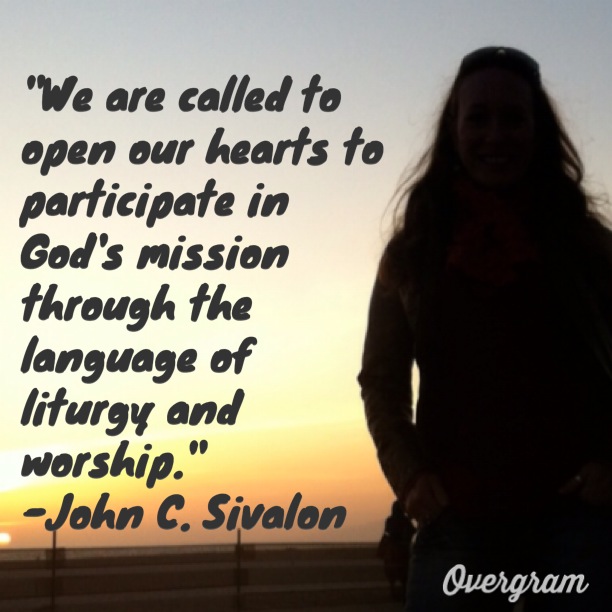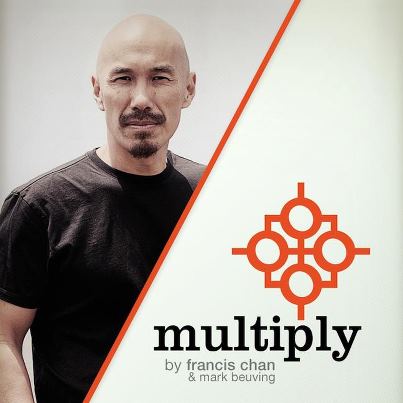 This week I’m blogging through Chris Guillebeau’s new book The $100 Startup and giving away a free signed copy! Find out how you can enter to win »
This week I’m blogging through Chris Guillebeau’s new book The $100 Startup and giving away a free signed copy! Find out how you can enter to win »
Chris Guillebeau writes, “Despite what they say, most travelers don’t value the extra legroom enough to pay for it; instead, they value the lowest-priced flights above any other concerns. Airlines have figured this out, so they give people what they want — not what they say they want. A good offer has to be what people actually want and are willing to pay for. … What people want and what they say they want are not always the same thing; your job is to figure out the difference.”
Somewhat related to this is Chris’s assertion that “the customer is often wrong”:
“You’ve probably heard the expression ‘The customer is always right,’ but most small business owners quickly discover this is not true. Yes, you want to focus on meeting people’s needs and going above and beyond them whenever you can, but any single customer does not always know what’s best for your whole business. These customers may not be the right ones for your business, and there’s nothing wrong with saying farewell to them so you can focus on serving other people.”
He’s, of course, talking about business strategies, but I think the church ministry parallels are pretty obvious.
I wonder how often in our churches we focus on giving people what they say they want (i.e., programs, child care, marriage enrichment classes, men’s retreats, etc.) instead of what they really want (i.e., spiritual formation, discipleship, community). Obviously it takes a great deal of discernment and missional imagination to rethink some of these institutional things that have become so ingrained in our culture and in us.
I’m reminded of a quote from Brian McLaren who was asked once what he wished he’d done differently as a new church planter. Brian’s response was (something to the effect of), “I wish I’d created a church more like what I wanted and was looking for in a church, rather than creating one based on what I thought people wanted.” His reasoning: If he’d created a church that he wanted to be a part of, other people would’ve wanted to be a part of it too. Again, it takes discernment to know how to navigate all the complexities of these kinds of decisions in missional community formation.
What are you passionate about that you could imagine turning into a missional business? Share that idea in the comments on the contest giveaway post for a chance to win the book!












